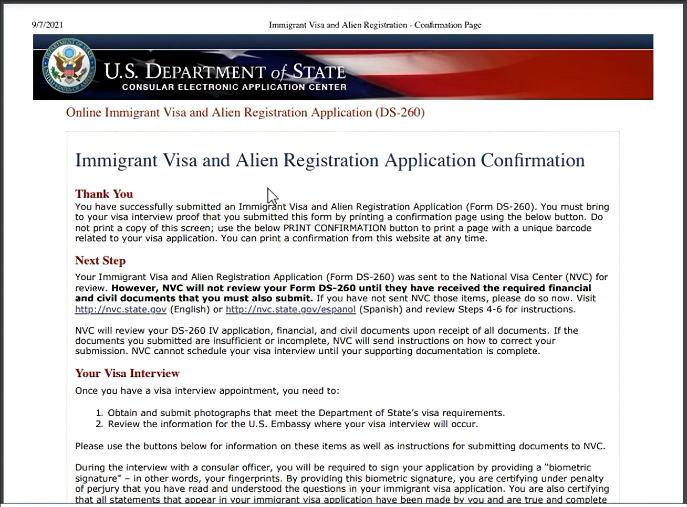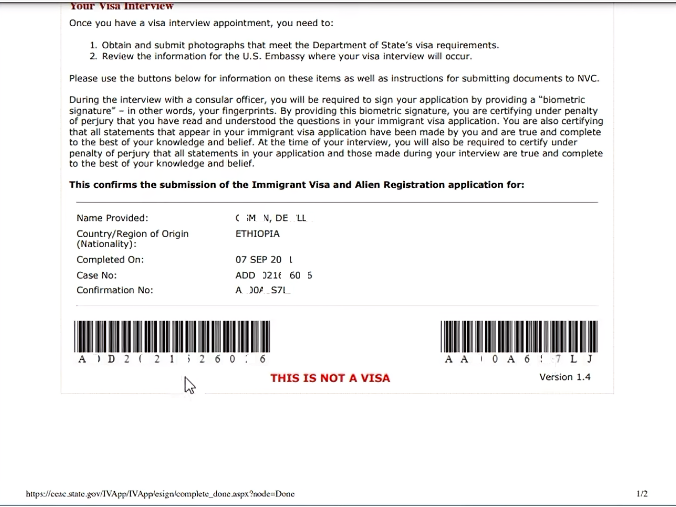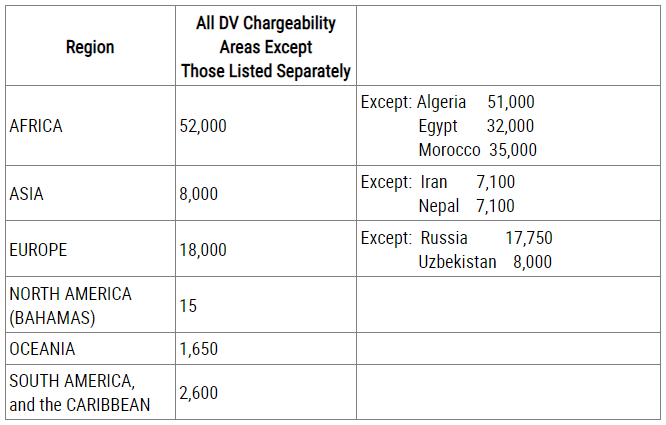Butcher Jobs in New Zealand: Butchers play a crucial role in the food industry, responsible for preparing and selling meat products to customers. Butchers take larger wholesale sections of meat and break them down into smaller portions or custom cuts which can be sold to customers. They break down meats, design signs and displays, and speak to customers to answer questions and handle requests.
Let delve into butcher jobs in New Zealand, providing detailed job descriptions, requirements, immigration pathways, and application sites for those interested in pursuing a career in this field.
Butcher Job Descriptions
Working as a butcher in New Zealand involves a variety of tasks, including:
- Cutting and Trimming: Butchers are responsible for cutting and trimming meat to customer specifications, ensuring quality and presentation.
- Customer Service: Butchers assist customers with their meat selections, providing advice on cuts, cooking methods, and portion sizes.
- Stock Management: Butchers manage stock levels, ordering supplies and ensuring that a variety of meats are available to customers.
- Food Safety: Butchers adhere to strict food safety and hygiene standards, ensuring that meat products are stored, handled, and displayed correctly to maintain freshness and safety.
Job Requirements for Butchers in New Zealand
To work as a butcher in New Zealand, candidates typically need:
Qualifications: While formal qualifications are not always required, a relevant certificate or diploma in butchery or meat processing can be beneficial.
Experience: Previous experience in a similar role is often preferred by employers. Must have knowledge of meat preparation techniques and cuts.
Skills: Butchers need strong knife skills, attention to detail, and the ability to work efficiently in a fast-paced environment.
Physical Fitness: The role can be physically demanding, so good physical fitness is important. Also, must have strong communication, task management, and customer service skills.
Immigration Pathways for Foreigners
Foreigners interested in working as butchers in New Zealand can explore the following immigration pathways:
Essential Skills Work Visa: The Essential Skills Work Visa is for individuals who have a job offer from a New Zealand employer in a role that cannot be filled by a New Zealand citizen or resident. Applicants must meet specific requirements, including English language proficiency and a minimum salary threshold.
Skilled Migrant Category Resident Visa: The Skilled Migrant Category Resident Visa is for individuals who have the skills, qualifications, and experience that New Zealand needs. Applicants are selected based on factors such as age, work experience, and qualifications.
Work to Residence Visa: The Work to Residence Visa allows individuals to work in New Zealand temporarily, with the opportunity to apply for residence after working in a specific job for at least 24 months.
How to Apply for Butcher Jobs in New Zealand
For those looking to apply for Butcher Jobs in Canada, consider using any of the following application sites:
| POSITION | |
| Butcher | Site 1 / APPLY NOW |
| Butcher | Site 2 / APPLY NOW |
It will list Butcher jobs. You will learn more about all details and the application process for foreign workers, New Zealand citizens, a permanent or a temporary resident of New Zealand.
If the position is fit for you and the basic requirements are fulfilled then you can now apply (along with your resume).
LinkedIn: LinkedIn is another valuable resource for job seekers in the New Zealand, allowing you to connect with industry professionals and explore job opportunities.
Trade Me Jobs: Trade Me Jobs is a popular job search website in New Zealand, listing job openings for butchers and other roles in the food industry.
Seek: Seek is another leading job portal in New Zealand, featuring job listings for butchers and other professions.
In Conclusion
Butcher jobs in New Zealand offer a rewarding career for those passionate about food and customer service. Understanding the job descriptions, requirements, immigration pathways, and utilizing the right application sites can help foreigners pursue successful careers as butchers in New Zealand.
Some Interview Questions for Butchers and Hints to Answer
- What would you do to improve our current displays?
Hint: Proves candidates is observant and creative.
- Describe some of the cuts you can get from a cow and how to prepare them for retail.
Hint: Demonstrates technical skills.
- If you had a line on a busy day, how would you ensure customers were satisfied with service?
Hint: Shows task management skills.
- What is your favorite meat dish. How would you explain how to prepare it to a customer who had never done so? What other tips might you provide?
Hint: Demonstrates job knowledge.
- What tasks do you expect to perform as a butcher?
Hint: Reveals job expectations.
Disclaimer: This information is based on research work. Please verify all information from official sources before applying. Neither a government agency nor an immigration lawyer owns this site. The content on this site was gathered through research from various public domains for informative purposes. Please ignore any sites, organization or anyone asking or demanding any form of payment from you, for jobs or visa preparations. For your unique immigration needs, kindly consult an expert immigration lawyer.
 Jobsscholar Jobs Search | Education Hub | Scholars Portal
Jobsscholar Jobs Search | Education Hub | Scholars Portal


